New Zealand’s farming landscape is as diverse as it is breathtaking, stretching from the rolling green pastures of the North Island to the rugged high-country stations of the South. For generations, agriculture has been the backbone of the nation’s economy, shaping its culture and identity. The country’s unique climate, fertile soils, and innovative farming practices have positioned it as a global leader in sustainable agriculture, particularly in dairy, sheep, and horticulture.
The dairy industry stands as one of New Zealand’s most significant agricultural sectors, contributing substantially to both domestic and international markets. With over five million dairy cows spread across the country, farms range from small family-run operations to large-scale corporate enterprises. The grass-fed model, which relies on year-round pasture grazing rather than intensive feedlots, sets New Zealand apart from many other dairy-producing nations. This method not only reduces costs but also aligns with growing consumer demand for ethically produced, environmentally friendly food.
Sheep farming, once the cornerstone of the economy, remains a vital part of rural life. Though the number of sheep has declined since its peak in the 1980s, New Zealand still boasts a flock of around 26 million. The industry has shifted from wool production to a greater focus on meat, particularly lamb exports to markets in Europe, the Middle East, and North America. High-country stations in the South Island, where merino sheep thrive in the alpine conditions, produce some of the finest wool in the world, prized for its softness and durability.
Beyond livestock, New Zealand’s horticulture sector has seen remarkable growth in recent decades. The warm, sunny climates of regions like Hawke’s Bay and Marlborough are ideal for vineyards, making the country a major player in the global wine industry. Meanwhile, kiwifruit orchards in the Bay of Plenty generate billions in export revenue annually, with Zespri-branded fruit reaching shelves worldwide. Avocados, apples, and cherries also contribute significantly, benefiting from the country’s pest-free reputation and strict biosecurity measures.
Sustainability is at the heart of modern New Zealand farming. Farmers are increasingly adopting regenerative practices, such as rotational grazing, riparian planting, and reduced chemical use, to protect the environment and maintain soil health. The government and industry bodies have set ambitious targets to reduce agricultural emissions, with research into methane inhibitors and low-carbon farming systems gaining traction. Consumers, both local and international, are drawn to products bearing the FernMark or other certifications that attest to their eco-friendly origins.
Life on a New Zealand farm is not without its challenges. Climate change poses a growing threat, with unpredictable weather patterns, droughts, and floods disrupting production. Rising input costs, labor shortages, and fluctuating global markets add further pressure. Yet, the resilience and adaptability of farmers have allowed the sector to thrive despite these obstacles. Many have diversified their income streams, branching into agritourism, organic farming, or niche products like manuka honey.
The connection between urban and rural New Zealand is another fascinating dynamic. While cities like Auckland and Wellington buzz with modernity, the countryside retains a strong sense of tradition and community. Farmers’ markets, agricultural shows, and rural sports events bridge the gap, offering city dwellers a taste of farm life. At the same time, technological advancements such as precision agriculture and drone monitoring are bringing a new wave of innovation to the fields.
Looking ahead, the future of New Zealand farming lies in balancing productivity with environmental stewardship. The world’s appetite for clean, green products shows no sign of waning, and the country’s farmers are well-placed to meet that demand. By continuing to embrace innovation while honoring the land that sustains them, they ensure that New Zealand remains a global benchmark for sustainable agriculture.
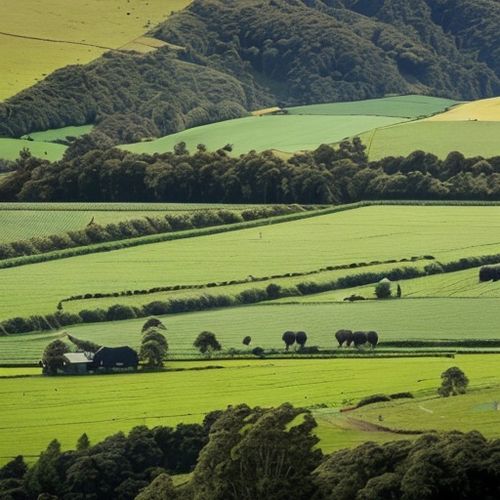
By William Miller/Apr 28, 2025

By Sophia Lewis/Apr 28, 2025

By Megan Clark/Apr 28, 2025

By George Bailey/Apr 28, 2025

By Ryan Martin/Apr 28, 2025
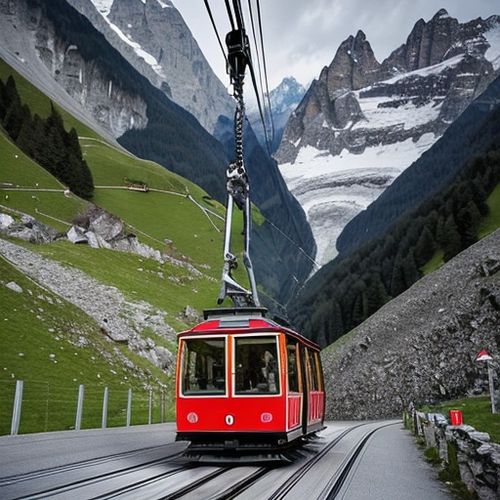
By Sophia Lewis/Apr 28, 2025

By Laura Wilson/Apr 28, 2025

By Ryan Martin/Apr 28, 2025
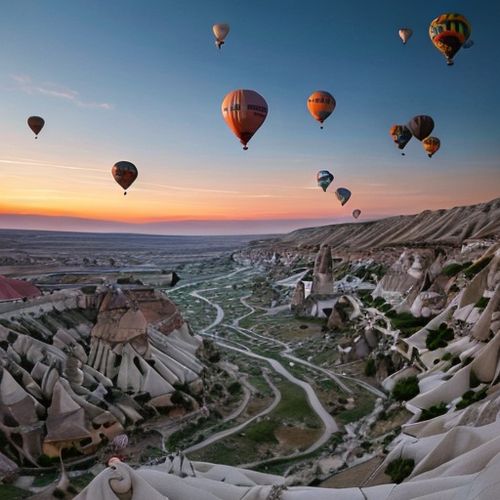
By Benjamin Evans/Apr 28, 2025
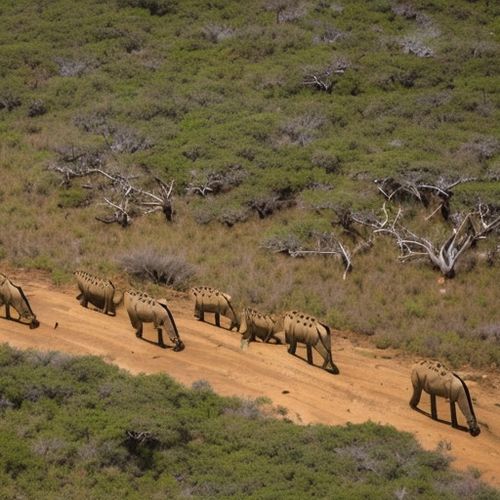
By Sophia Lewis/Apr 28, 2025
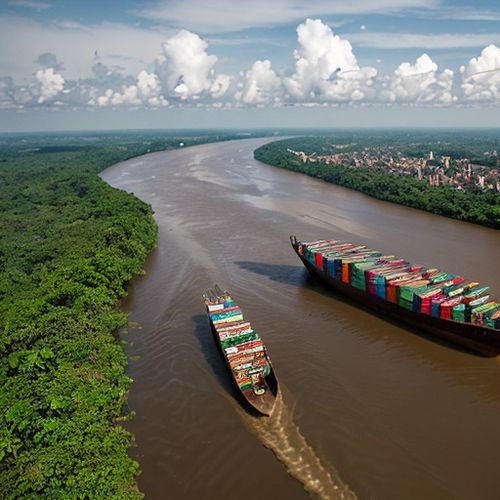
By Rebecca Stewart/Apr 28, 2025

By Sophia Lewis/Apr 28, 2025

By Noah Bell/Apr 28, 2025

By Laura Wilson/Apr 28, 2025

By Emma Thompson/Apr 28, 2025

By Christopher Harris/Apr 28, 2025

By David Anderson/Apr 28, 2025

By David Anderson/Apr 28, 2025

By Victoria Gonzalez/Apr 28, 2025

By Rebecca Stewart/Apr 28, 2025